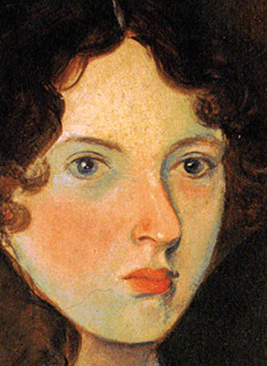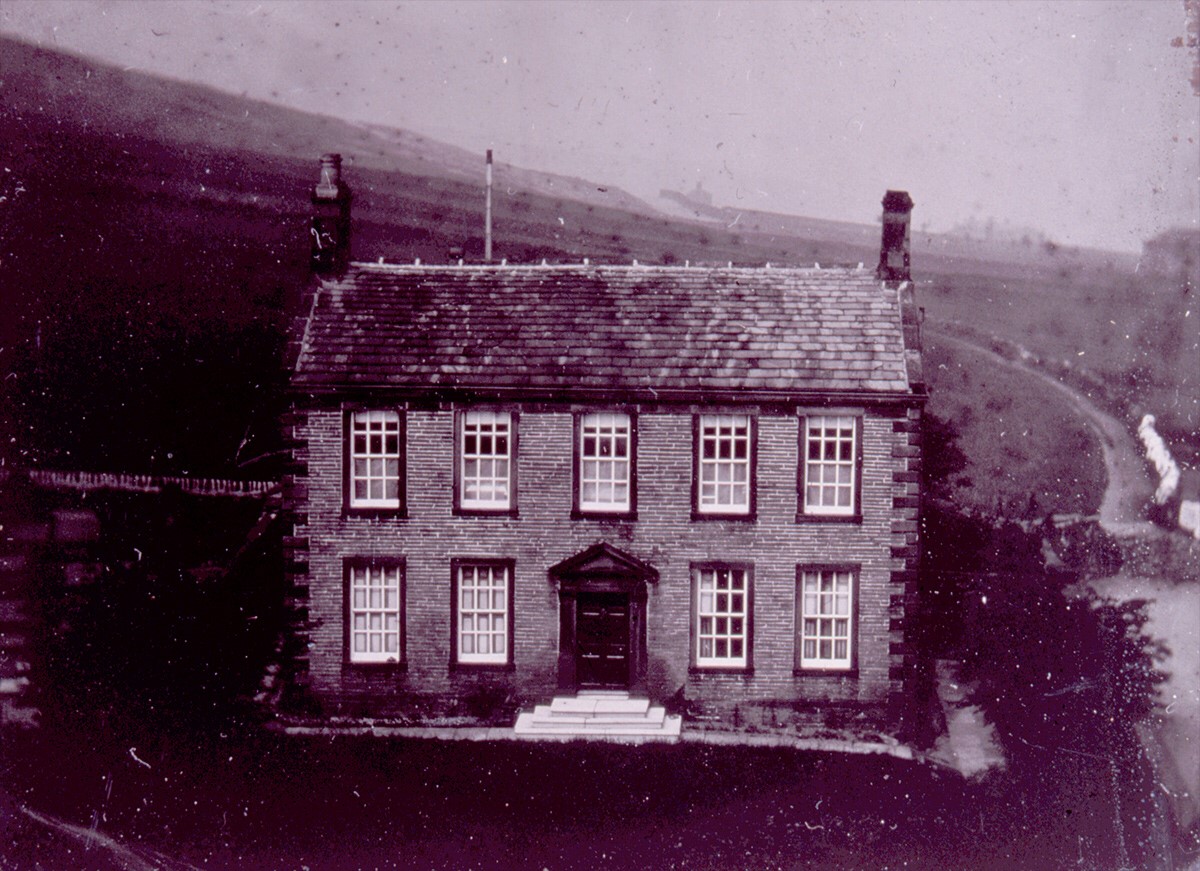
Emily Bronte
Born 30th July 1818, Emily Jane Bronte was raised with her five siblings in the remote village of Haworth, on the fringe of the Yorkshire moors. Emily was said to be a shy and intensely private person, favouring seclusion to the company of others, she embraced the isolation afforded to her by her birthplace.
So it’s of little surprise that Emily was content in keeping her own company given her immensely creative imagination, which she gives readers a mesmerizing glimpse of in her surviving poetry and only published novel, the acclaimed Wuthering Heights.
Set in her native Yorkshire, upon the moors she was so fond of, Wuthering Heights is widely considered to be one of the greatest novels ever written.
A tragic and intense tale of love and revenge, Emily Bronte’s novel has enthralled and entertained its readers for over two centuries. Its fierce heroine Catherine Earnshaw and cruel hero Heathcliff experience a violent and untameable connection, rooted in their childhood devotion to one another when orphaned Heathcliff was adopted into the Earnshaw family.
Whilst Emily never experienced romantic love for herself during her lifetime she was exposed to much tragedy, losing her mother and both of her eldest sisters Elizabeth and Maria when she was a young girl.
Emily attended the Clergy Daughters’ school at Cowan Bridge for a very brief period during her childhood along with the three other eldest Bronte girls, Charlotte, Elizabeth and Maria. That was until both Elizabeth and Maria contracted tuberculosis whilst at the school and sadly passed away shortly after they returned home.

The Yorkshire Moors
Emily and Charlotte were subsequently removed from the school, and Emily was just seven at the time.
Back at home in Haworth the surviving Bronte siblings were encouraged to nurture creativity and feed their fantastic imaginations. Emily read extensively, having free reign of her father’s capacious library. Emily and her siblings, Charlotte, Anne and brother Branwell, all exhibited gifted imaginations which they utilized in creating fantastical imaginary worlds that they wrote poems and stories about.
The sisters privately continued writing into their adulthood wherein Charlotte Bronte discovered her sisters’ works and persuaded her sisters to publish some of their writings along with her own novels and poetry.
The sisters were later published under the pseudonyms Currer Bell (Charlotte Bronte), Acton Bell (Anne Bronte) and in December 1847 Wuthering Heights was published under Emily Bronte’s chosen pen name, Ellis Bell. The women chose to adopt masculine sounding pen names due in large part to the sisters understanding that gender roles of the time meant that female authors were judged rather less favourably than their male counterparts.
Despite the discrimination women faced, Emily in her personal life was no stranger to challenging the strict gender roles of the era.
Ever the animal lover, she enjoyed rough play with her dogs, even stepping in to break apart dogs fighting viciously when others were too scared. She was even treated as an ‘honorary boy’ by her father who entrusted her, rather than brother Branwell with the family’s fire-arms. Later in life after briefly studying at the Heger Pensionnat, a boarding school Brussels, Belgium, Constantin Heger wrote of Emily, ‘she should have been a man – a great navigator’ and that, ‘she had a head for logic, and a capability of argument unusual in a man and rarer indeed in a woman’.
Following the release of her published novel, Wuthering Heights, readers at the time were shocked by its content of cruelty, obsession and inhumanity.
Choosing to write without apparent moral judgement or retribution towards the brutish and callous protagonist Heathcliff was highly unusual for the literature of the period, which caused the work to draw much criticism.
However, Emily Bronte’s writing has clearly stood the test of time, her impassioned writing and the novels complex structure giving no allusion to the authors rather humble beginnings and her having had but brief formal education.

Haworth Parsonage, the Bronte family home, mid-19th century
Unfortunately, Emily’s health began to fail soon after Wuthering Heights was published. She passed away from tuberculosis December 19th 1848, before her work garnered the recognition it deserved, as a true masterpiece of English Literature.
For another insightful article into a great novel see – In your search for acceptance, you may find a greater truth – Carson McCullers’ ‘The Member of the Wedding’



Leave A Comment